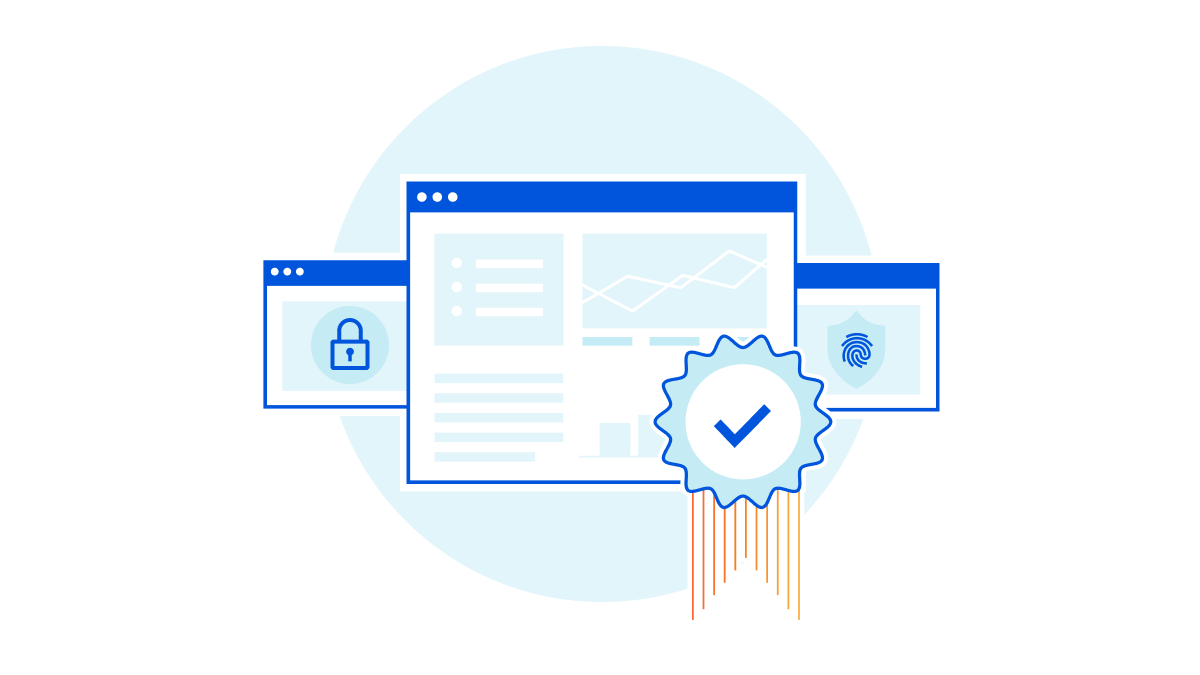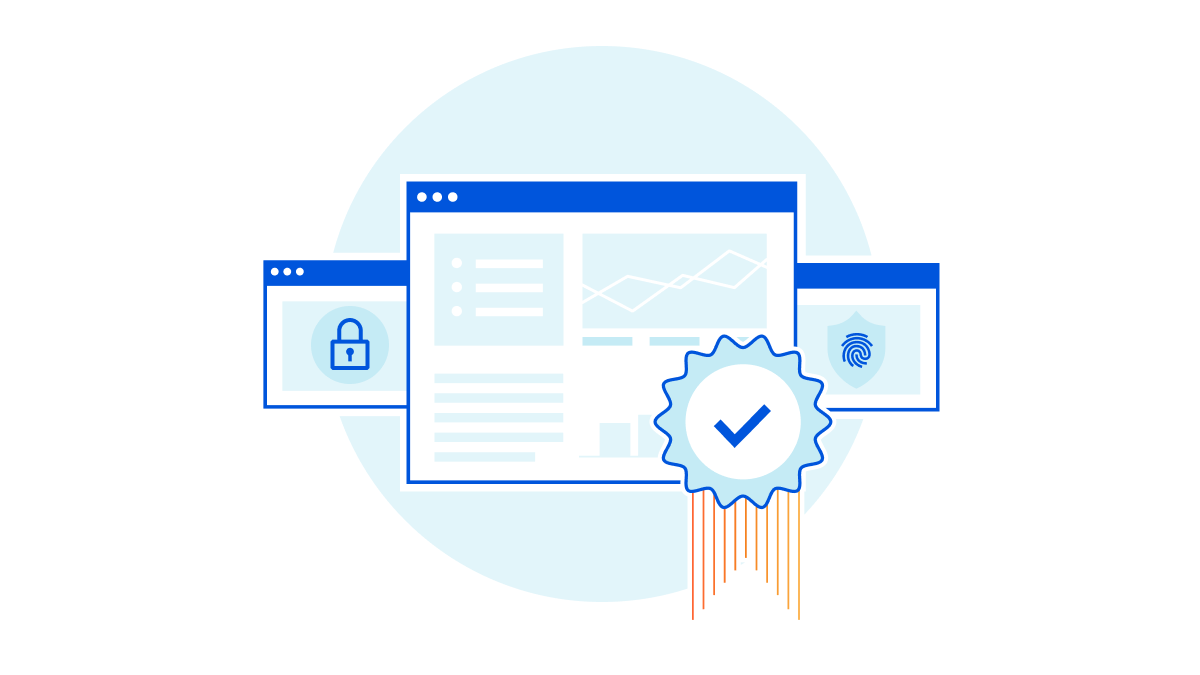Post Syndicated from Rebecca Rogers original https://blog.cloudflare.com/bsig-audit-and-beyond/


As a large data processing country, Germany is at the forefront of security and privacy regulation in Europe and sets the tone for other countries to follow. Analyzing and meeting the requirements to participate in Germany’s cloud security industry requires adherence to international, regional, and country-specific standards. Cloudflare is pleased to announce that we have taken appropriate organizational and technical precautions to prevent disruptions to the availability, integrity, authenticity, and confidentiality of Cloudflare’s production systems in accordance with BSI-KritisV. TÜViT, the auditing body tasked with auditing Cloudflare and providing the evidence to BSI every two years. Completion of this audit allows us to comply with the NIS Directive within Germany.
Why do cloud companies operating in Germany need to go through a BSI audit?
In 2019, Cloudflare registered as an Operator of Essential Services’ under the EU Directive on Security of Network and Information Systems (NIS Directive). The NIS Directive is cybersecurity legislation with the goal to enhance cybersecurity across the EU. Every member state has started to adopt national legislation for the NIS Directive and the criteria for compliance is set individually by each country. As an ‘Operator of Essential Services’ in Germany, Cloudflare is regulated by the Federal Office for Information Security (The BSI) and must adhere to the requirements set by The BSI.
What does the audit prove?
This audit includes a thorough review of Cloudflare’s security controls in the following areas:
- Asset Management
- Risk Analysis
- Business Continuity and Disaster Recovery
- Personnel and Organizational Security
- Encryption
- Network Security
- Security Authentication
- Incident Response
- Vendor Security
- Physical Security
In addition to an audit of Cloudflare’s security controls in the aforementioned areas, TÜViT also conducted a thorough review of Cloudflare’s Information Security Management System (ISMS).
By having these areas audited, German customers can rest assured that Cloudflare respects the requirements put forth by the governing bodies tasked with protecting their data.
Are there any additional German-specific audits on the horizon?
Yes. Cloudflare is currently undergoing an independent third-party audit for the Cloud Computing Compliance Criteria Catalog (C5) certification. The C5 was introduced by BSI Germany in 2016 and reviews operational security within cloud services. Industries that place a high level of importance on C5 include cloud computing and German federal agencies. Learn more here.
What other certifications does Cloudflare hold that demonstrate its dedication to privacy and security?
Different certifications measure different elements of a company’s security or privacy posture. Cloudflare has met the requirements of the following standards:
- ISO 27001 – Cloudflare has been ISO 27001 certified since 2019. Customers can be assured that Cloudflare has a formal information security management program that adheres to a globally recognized standard.
- SOC2 Type II – Cloudflare maintains SOC reports that include the security, confidentiality, and availability trust principles.
- PCI DSS – Cloudflare engages with a QSA (Qualified Security Assessor) on an annual basis to evaluate us as a Level 1 Merchant and a Service Provider.
- ISO 27701 – Cloudflare was one of the first companies in the industry to achieve ISO 27701 certification as both a data processor and controller. The certification provides assurance to our customers that we have a formal privacy program that is aligned to GDPR.
- FedRAMP In Process – Cloudflare hit a major milestone by being listed on the FedRAMP Marketplace as ‘In Process’ for receiving an agency authorization at a moderate baseline. Once an Authorization to Operate (ATO) is granted, it will allow agencies and other cloud service providers to leverage our product and services in a public sector capacity.
Pro, Business, and Enterprise customers now have the ability to obtain a copy of Cloudflare’s certifications, reports, and overview through the Cloudflare Dashboard. For the latest information about our certifications and reports, please visit our Trust Hub.